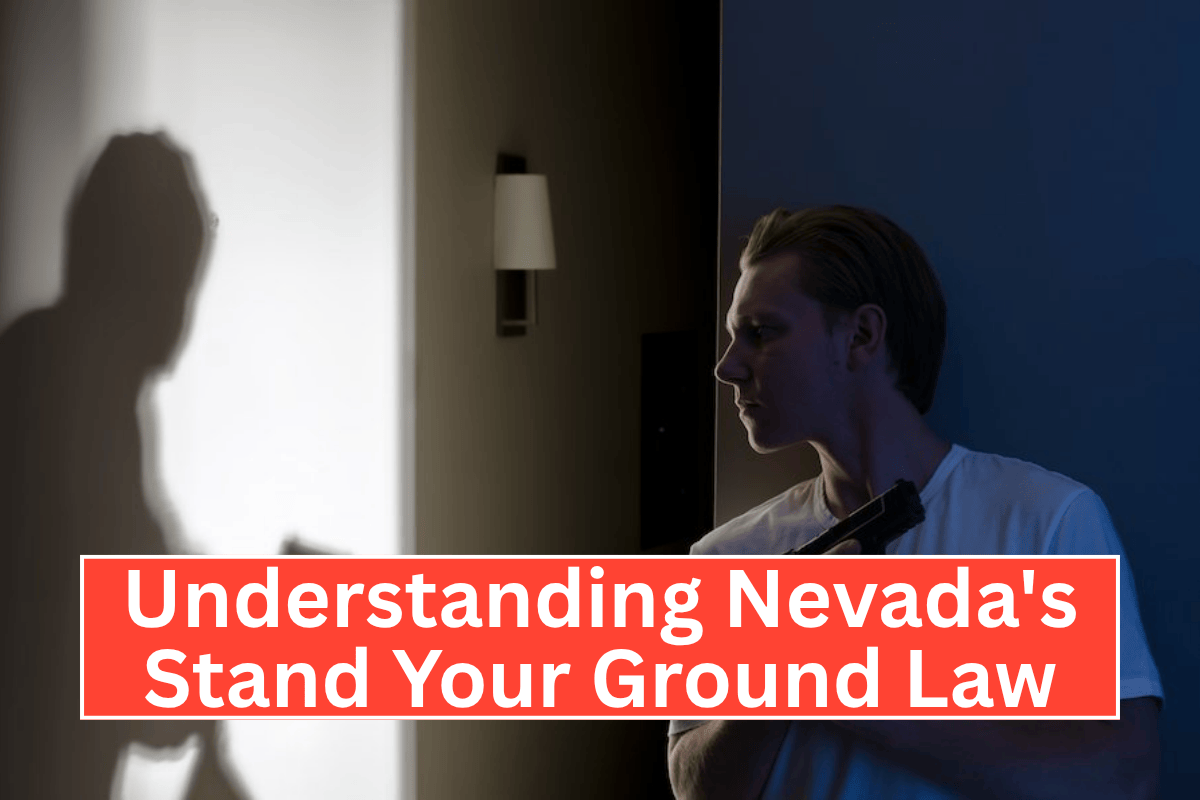If you’ve heard the term “stand your ground” in the news or on social media, you might wonder what it really means. In Nevada, this law is part of the state’s self-defense rules, and it gives people the right to protect themselves in dangerous situations—even by using deadly force if needed.
But like all laws, it has some limits. This article explains when you’re allowed to use self-defense, what counts as a “reasonable fear,” and how the law works if you’re ever in a tough situation.
When Can You Use Deadly Force in Nevada?
According to Nevada law (NRS 200.120 and NRS 200.160), you’re allowed to use deadly force if:
Someone is breaking into your home or occupied vehicle
You truly believe that your life is in danger or that someone wants to cause serious harm
In these cases, you don’t have to try to run away first. The law assumes you had a good reason to defend yourself if someone is trying to enter your home or vehicle forcibly and illegally.
What Is a Reasonable Fear?
To use deadly force legally, your fear of danger must be reasonable. This means any normal person in your situation would also feel in danger. For example, if someone pulls a knife on you and threatens to hurt you, that’s a clear case of reasonable fear.
But just words or angry shouting may not be enough unless the person also shows they can hurt you physically.
Use Only the Force Needed
Nevada law says the force you use should match the danger. If someone just pushes you, using a gun in response may not be seen as fair or legal. But if they push you and then pull a weapon, stronger action may be allowed.
When the Law Doesn’t Protect You
Stand your ground is not a free pass to harm others. If you started the fight or made the situation worse, you may not be allowed to use this law as a defense. However, if you try to walk away and the other person keeps attacking, you might still be protected under the law.
What is Imperfect Self-Defense?
Sometimes people believe they are in danger, but they’re wrong. For example, you see someone in your yard at night and think they’re a robber. You shoot, but later find out it was your neighbor walking their dog. This is called “imperfect self-defense.”
In this case, your belief was honest, but not reasonable. You may not avoid all charges, but it could reduce a murder charge to a lesser one like manslaughter.
How to Prove Self-Defense in Court
If you’re charged with a crime after using self-defense, you’ll need proof. Some helpful evidence includes:
Witness statements
Security camera footage
911 call records
Injuries that show you were attacked
Proof that the other person had a weapon or violent history
Once you provide some proof of self-defense, the prosecution must then prove that it was not a legal self-defense situation.
Self-Defense and Gun Laws in Nevada
In Nevada, you don’t need to register your gun or have a permit to use it in self-defense. But if you want to carry it in public, you need a concealed carry permit. Open carry (showing the gun) is allowed without a permit but is limited in some places.
Always get proper training and learn how to safely use and store your firearm. Being responsible helps avoid mistakes and accidents.
Nevada’s Stand Your Ground law allows people to defend themselves when facing real danger. You don’t need to run away if someone attacks you, especially at home or in your car.
But remember: the law only protects you if your fear was reasonable and your response matched the threat. Knowing your rights and the limits of self-defense is important for every Nevada resident.
If you are ever involved in a self-defense case, it’s important to talk to a good lawyer. With the right legal support, you can protect yourself not just physically—but also in court.












